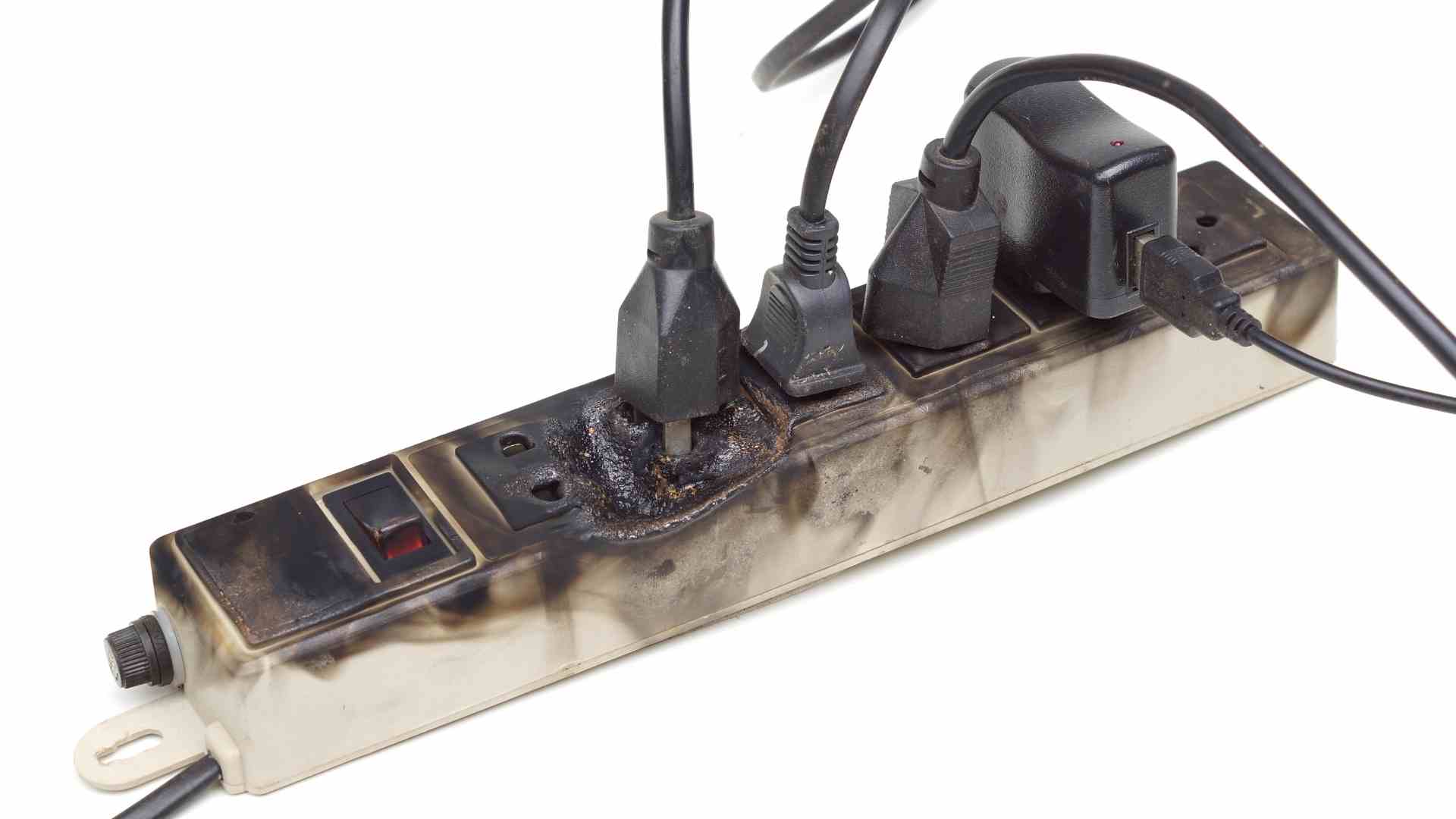What Is An Electrical Short?
An electrical short is an interruption in the flow of electricity that can occur when two pieces of electrical equipment touch each other. This can cause a dangerous current to flow through the system, potentially causing damage.
There are a few different types of electrical shorts. One type is called a ground fault current. This happens when an interruption in the ground wire powers your home or office. This can cause a shortage in the electrical system, which can lead to a dangerous current flowing through it.
Another electrical short is called a conductor-to-conductor short. This happens when two different pieces of metal touch each other and create an electrical connection. This can cause many currents to flow through the system, potentially causing damage.
Electrical shorts can cause a lot of damage and, in some cases, fatalities. In this article, we’ll explore what causes electrical shorts, the effects they have on equipment, and how you can prevent them from happening.
What Causes Electrical Shorts?
An electrical short is a situation in which an electrical current flows through a closed path between two points, often causing damage. There are many causes of electrical shorts, which can happen anywhere in your home or office. Here are a few of the most common causes:
1. Faulty wiring – A common cause of electrical shorts is faulty wiring. This can be due to worn insulation, corroded connections, or broken wires. If you see any signs of damage or broken wires, please call an expert to inspect your home or office for potential short circuits.
2. Poor installation – Poor installation is another common cause of electrical shorts. If you have new construction or remodeling work in your home or office, ensure the contractor uses qualified professionals and follows all the proper safety guidelines. Otherwise, you could end up with electrical shorts caused by mistakes made during installation.
3. Electrical equipment failure – Electrical equipment can also fail, causing short circuits. This includes things like power strips, fans, and computers. Make sure to keep your appliances serviced and replaced to avoid long-term headaches related to faulty equipment.
What Are The Effects Of Electrical Shorts?
Electrical shorts can have various effects on electronic equipment, depending on the length and severity of the short. Short circuits can damage electronic components, create sparks that may start fires, and cause other electrical problems.
How To Detect And Fix An Electrical Short?
If you have an electrical short, you may not be aware of it. Shorting can occur when two parts of an electrical circuit are connected improperly. This can cause the electricity flow to be interrupted, resulting in a loss of power or voltage. Some signs that you may have a short include:
Flickering or flickering light bulbs.
A dead or frozen TV.
A refrigerator that won’t stay cold.
A computer that won’t turn on.
If you experience any of these symptoms, it is important to take action and determine the source of the short.
To detect an electrical short, you will need to check all of your electrical cords and connections for damage. You should also test your appliances for power by plugging in an adapter and turning them on. If there is still a problem, you will need to determine the source of the short and fix it. There are several ways to do this:
-Check for cracks or breaks in your cords or connectors
-Check for frayed wires
-Check for dirt or obstructions inside your plugs and sockets
-Remove any covers or shields from electronic devices and look for burned-out or scorched components\
Causes Of Electrical Shorts
There are a few factors that can contribute to electrical shorts. Some of these include:
-Poor insulation on wires or cables
-Improper installation of wiring
-Damaged or faulty wiring
-Incorrectly connected devices
-Damaged or worn-out wiring
Tips For Avoiding Electrical Short
There are a few things you can do to help avoid electrical shorts:
Be sure to ground your equipment properly. This means ensuring all the wires in your system are connected to a common grounding point, such as the screw on the back of your TV.
Use caution when bending or twisting cables. Doing so can cause them to become tangled and create an electrical short.
Ensure your devices are properly plugged into the wall outlet and that no excess cord is hanging off them.
What Are The Signs Of An Electrical Short?
If you are experiencing any of the following symptoms, you likely have an electrical short:
-Your lights are not working-This could be due to damaged or defective wiring in the light fixture or circuit breaker box.
-Your appliances are not turning off, or on-If your appliances are not responding to your house’s electrical system, there may be a problem with the appliance’s switch.
-You hear strange noises coming from your home; if you notice strange noises coming from your home, there could be an issue with the wiring in the area.
What Should You Do If You Find An Electrical Short?
Suppose you find yourself in the unfortunate situation of discovering an electrical short. In that case, you should first disconnect all of the electricity to the area that is shorted. This will help to prevent any further damage from occurring and will also give you a better chance of locating the short. Once you have disconnected all of the electricity, it is important to inspect the area for signs of fire or smoke. If you find either of these things, immediately call for help and evacuate the area.
Inspect The Reading
An electrical short is a malfunctioning electrical circuit that can cause current to flow in the wrong direction. Short circuits can occur when two wires, or parts of a wire, come into contact with each other. They can also occur when metal objects, such as screws are inserted into electrical wires.
Short circuits can cause fires and injuries. They can also damage electronic equipment and appliances. To avoid short circuits, inspect your electrical wiring regularly for wear and tear, knots, and frayed wires, and keep metal objects out of your electrical wiring.



